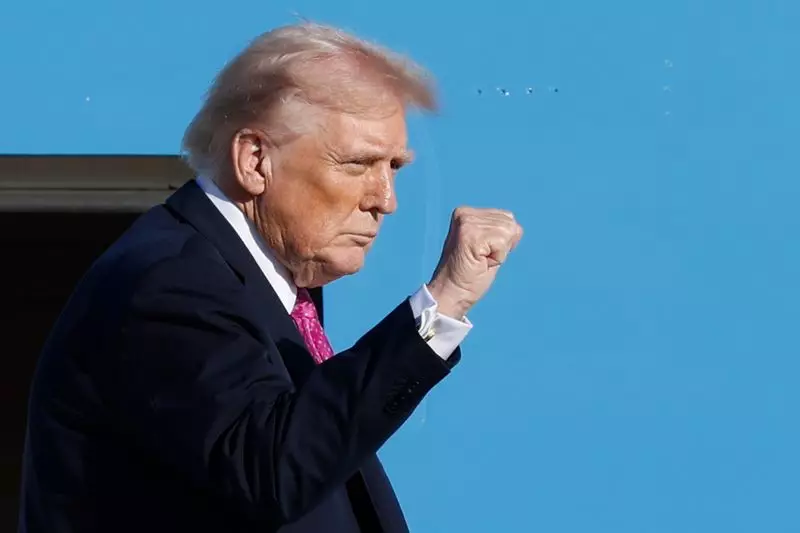
In a stunning diplomatic broadside that has sent shockwaves through international relations, former US President Donald Trump has launched a scathing attack against Colombia's President Gustavo Petro, branding him an "illegal drug dealer" and declaring an immediate end to all American aid to the South American nation.
The Explosive Allegations
The controversial statements emerged during a political rally where Trump didn't mince words about the Colombian leader. "We have a drug dealer running Colombia," Trump declared to his supporters, "and we're not sending another dollar of American taxpayer money to that country."
This represents one of the most direct and personal attacks by a US political figure against a sitting Colombian president in recent memory, marking a significant escalation in rhetoric that could have far-reaching consequences for US-Colombia relations.
Immediate Policy Consequences
The announcement includes:
- Complete termination of all US financial assistance to Colombia
- Potential review of existing bilateral agreements
- Unprecedented personal criticism of a key regional ally's leader
- Possible ripple effects on drug enforcement cooperation
Historical Context and Implications
Colombia has traditionally been one of the United States' strongest allies in Latin America, particularly in the decades-long war against drug trafficking. The country has received billions in US aid through programs like Plan Colombia and its successor, helping combat narcotics production and guerrilla movements.
President Petro, a former leftist guerrilla who took office in 2022, has pursued policies that sometimes diverge from traditional US approaches to drug enforcement, including exploring alternatives to prohibition-focused strategies.
Regional Reactions and Fallout
The incendiary remarks are likely to:
- Strain diplomatic ties between the two nations
- Impact regional security cooperation
- Influence political dynamics across Latin America
- Affect ongoing efforts to combat drug trafficking networks
Political analysts suggest this could represent a significant shift in US policy toward Latin America, particularly if Trump returns to power in the upcoming presidential election. The move may also embolden other critics of President Petro's administration while potentially alienating traditional US allies in the region.
As both nations navigate this diplomatic crisis, the future of one of the hemisphere's most important bilateral relationships hangs in the balance, with potential consequences for regional security, economic cooperation, and the ongoing battle against international drug cartels.





